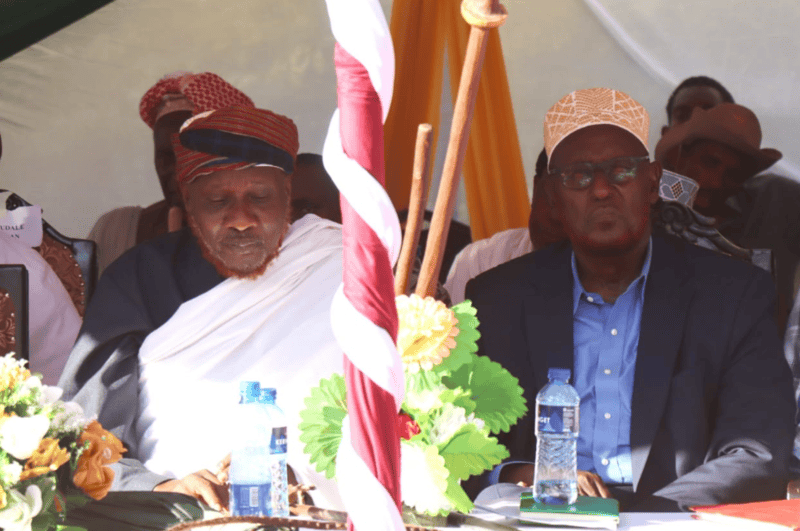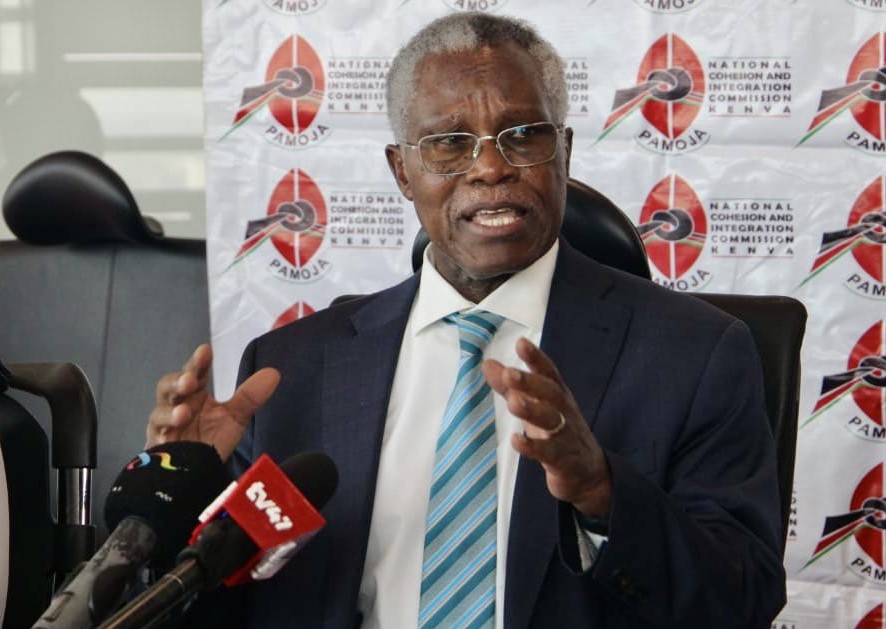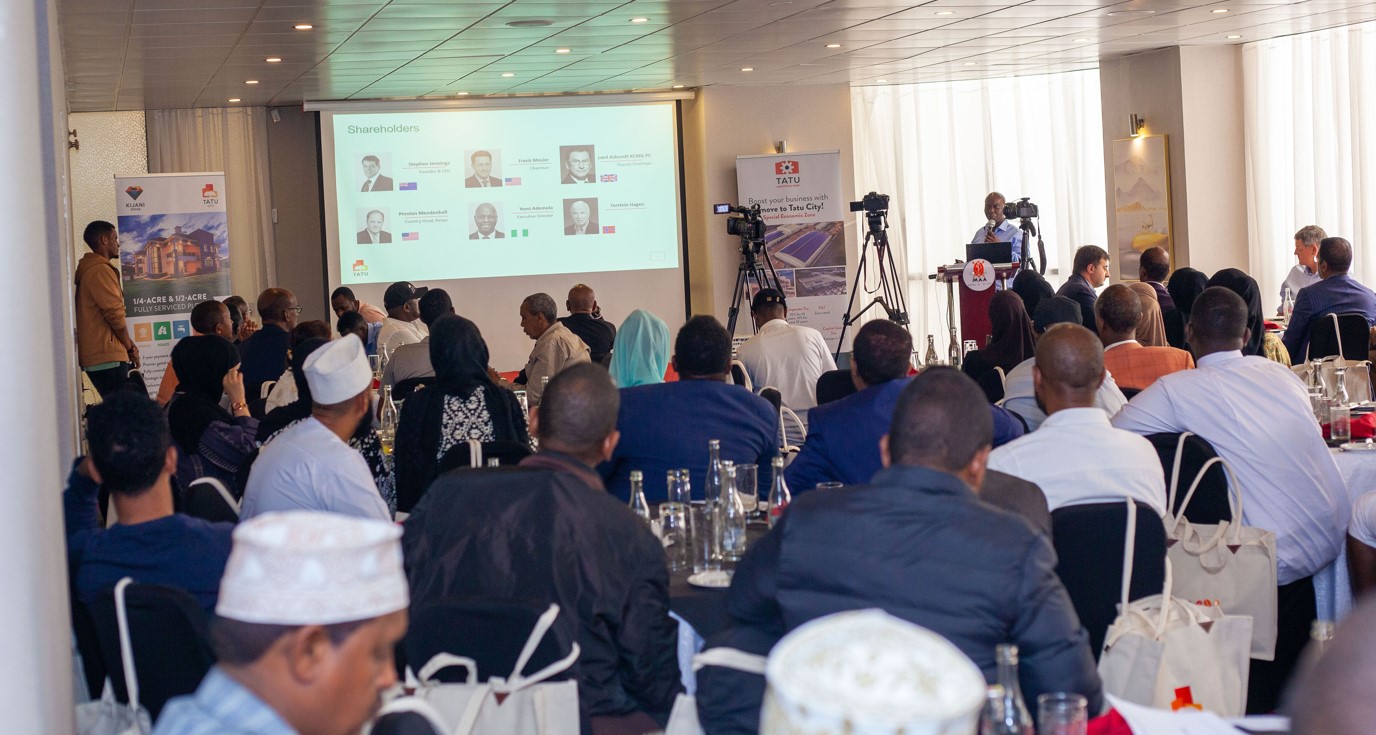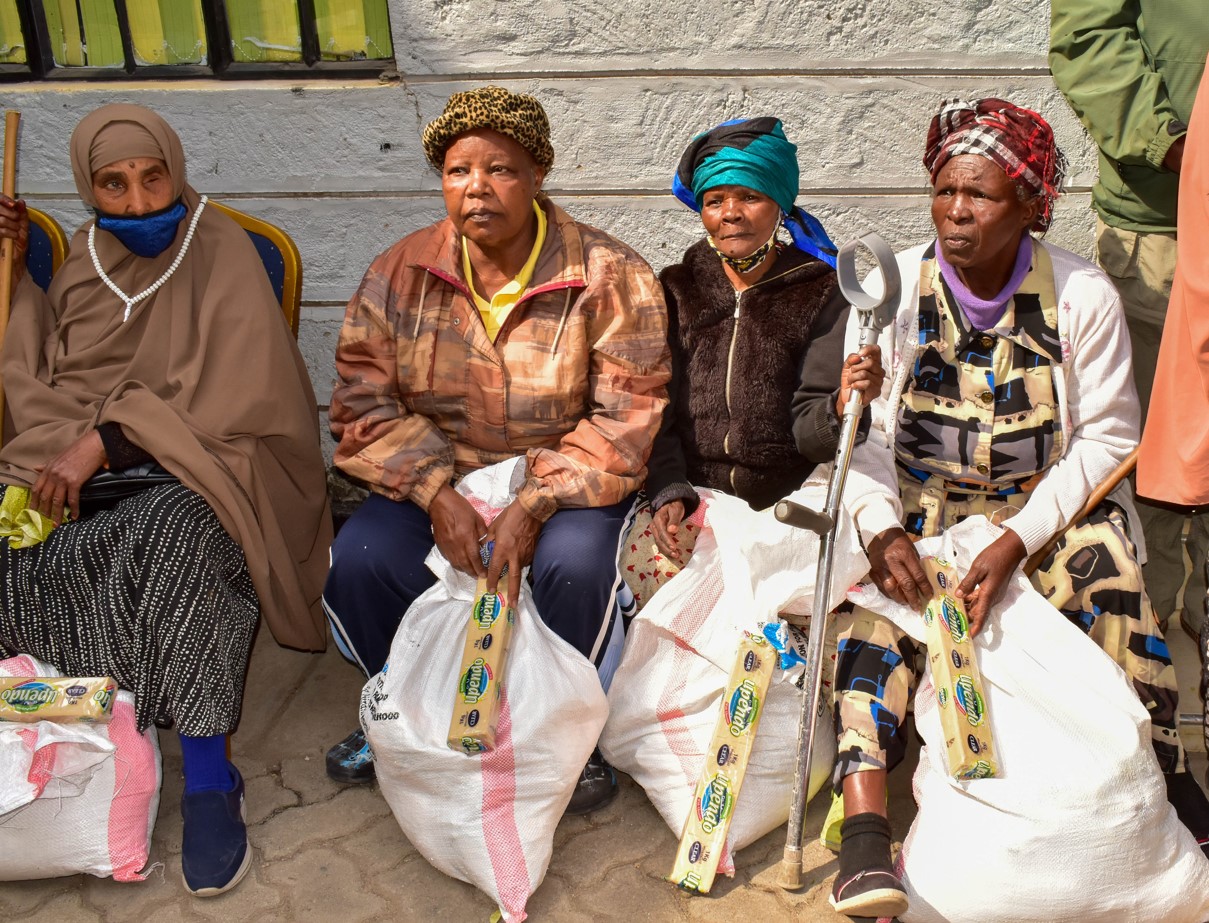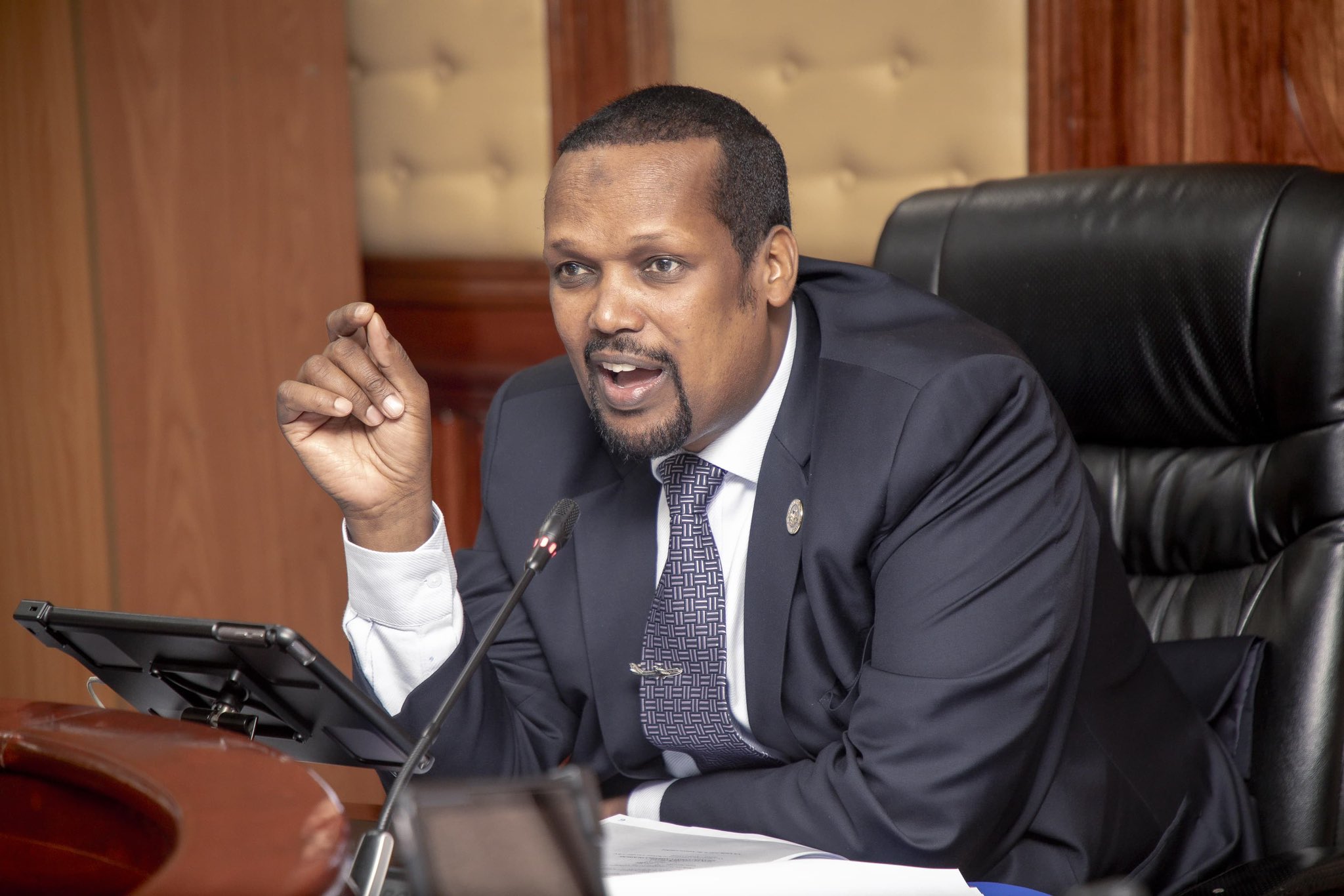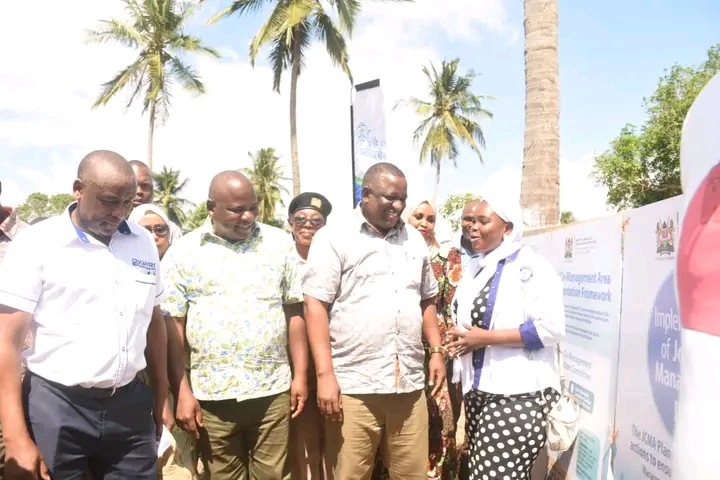Employment discrimination a major challenge, Nyali residents tell committee
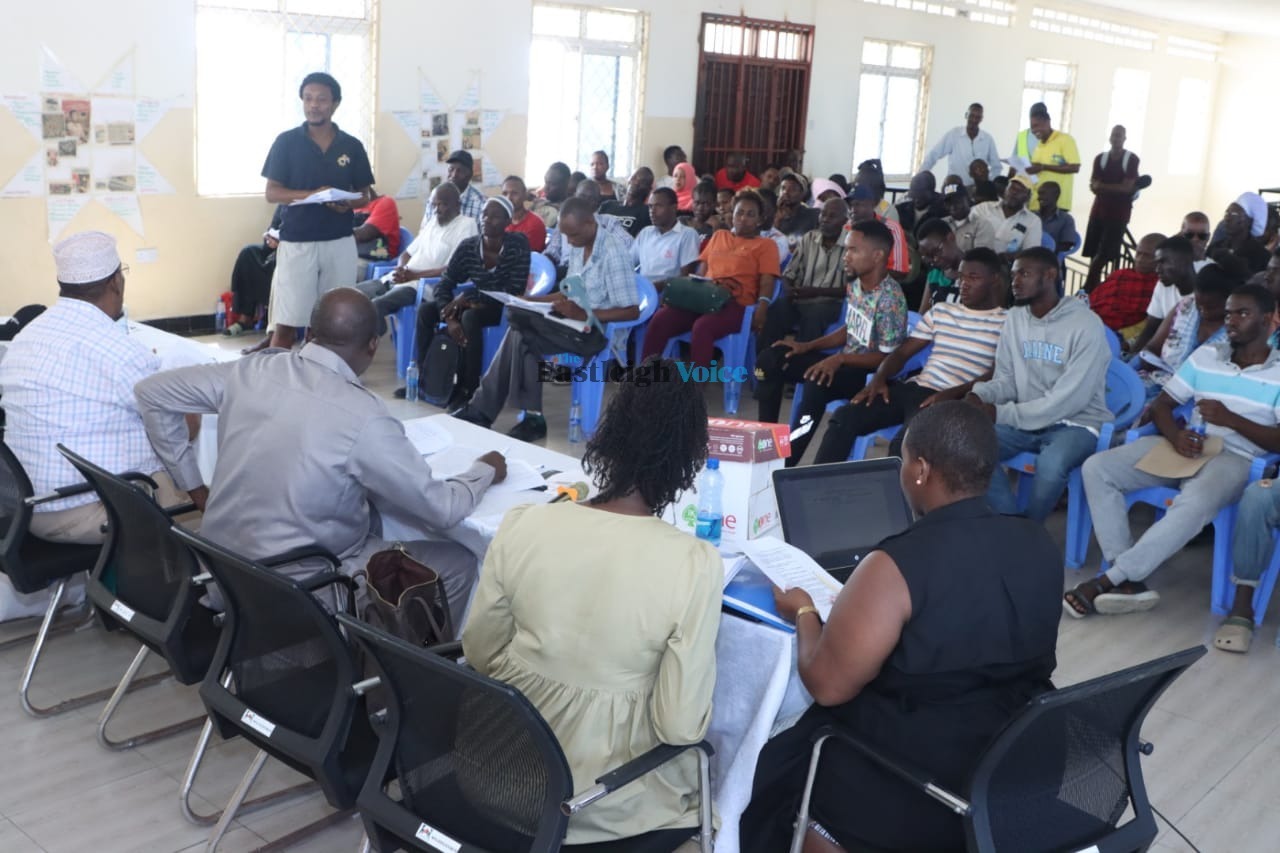
By Farhiya Hussein |
They raised this issue during a public participation forum National Cohesion and Integration Bill, 2023, which they said they support.
Residents of Nyali, Mombasa, have voiced their support for the National Cohesion and Integration Bill, 2023, emphasising the urgent need to address employment discrimination.
They shared their views at a lively public participation session at the Kongowea Women and Youth Empowerment Centre on Wednesday, conducted by the Parliamentary Committee on National Cohesion and Equal Opportunity.
Keep reading
The gathering was led by committee chair Mandera West MP Yussuf Adan Haji and members Muthoni Marubu (Lamu woman representative), Yusuf Hassan (Kamukunji), and Edward Kaunya (Teso North).
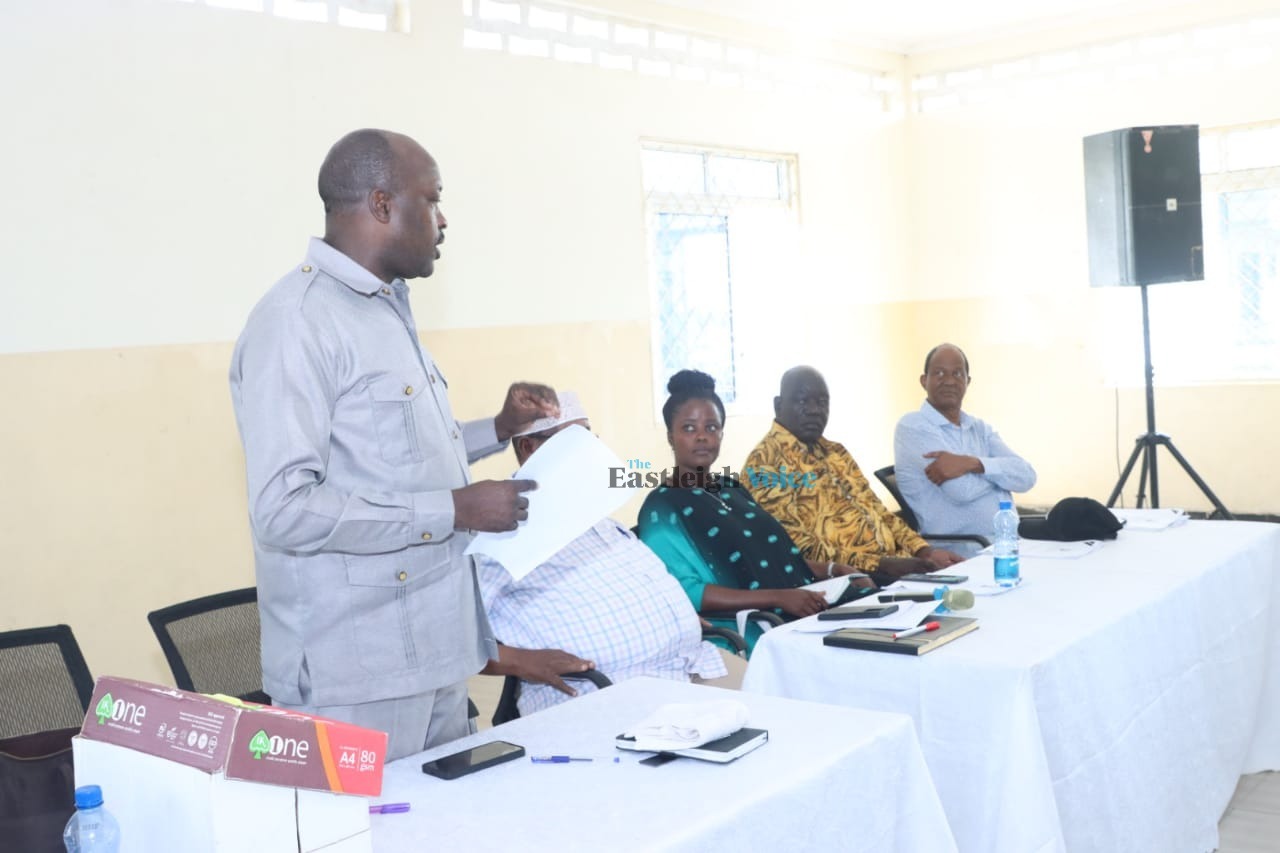 Members of the Parliamentary Committee on National Cohesion and Equal Opportunity lead a public participation exercise on the National Cohesion and Integration Bill, 2023, at the Kongowea Women and Youth Empowerment Centre in Nyali, Mombasa County, on June 4, 2024. (Photo: Farhiya Hussein/EV)
Members of the Parliamentary Committee on National Cohesion and Equal Opportunity lead a public participation exercise on the National Cohesion and Integration Bill, 2023, at the Kongowea Women and Youth Empowerment Centre in Nyali, Mombasa County, on June 4, 2024. (Photo: Farhiya Hussein/EV)
Key concerns
Several residents shared their concerns and experiences, among them Reagan Ochieng from Mkomani.
"We face a lot of discrimination in employment. I sought employment at the port but was told, 'We are sorry, we want people from the Coast. If you are not coastal, we cannot employ you'. I wondered, am I not Kenyan?"
Residents also expressed reservations about the proposal to open additional commission offices, fearing it would strain resources and increase taxes.
Clause 10 of the bill says that the headquarters of the commission will be in Nairobi but mandates it to establish nine regional offices and branches in each county. It must also ensure that its services are accessible to all.
A resident identified only as Samahat said, "Offices should not be opened; rather, let cases go to court. Opening more offices in counties means more resources and more taxes for Kenyans who are already burdened with high taxes."
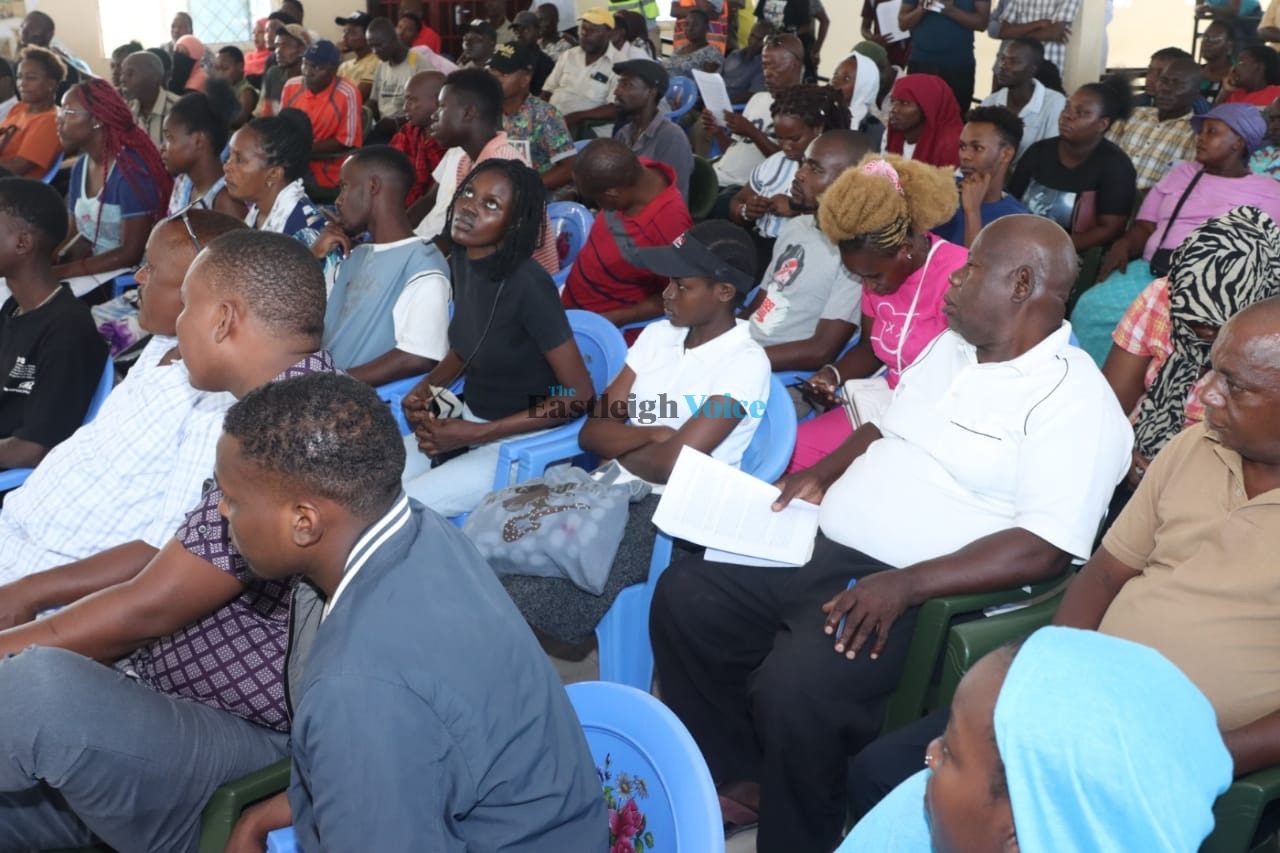 Residents of Nyali, Mombasa County, take part in a public participation forum on the National Cohesion and Integration Bill, 2023, at the Kongowea Women and Youth Empowerment Centre on June 4, 2024. (Photo: Farhiya Hussein/EV)
Residents of Nyali, Mombasa County, take part in a public participation forum on the National Cohesion and Integration Bill, 2023, at the Kongowea Women and Youth Empowerment Centre on June 4, 2024. (Photo: Farhiya Hussein/EV)
Dennis, another resident, said, "Our problem is unemployment. Clause 10 suggests opening branches. We want to know whether those employed will be from within or outsiders."
Joyce Kazungu from Frere Town highlighted practical difficulties in accessing justice, stating, "Laws will be established, but on the ground, things will be different. If I don't have money, how will I go to court?"
In his response, the committee chair said that once the bill becomes law, it will enable people to take their grievances to court.
Jane Nyengo from Kadzandani appreciated the bill's intentions but sought clarity on the handling of complaints.
"These laws are good, as addressed by MPs, but when complaints are brought forward, what is the way forward?"
In answering this question, MP Yussuf summarised the bill, highlighting the goals of ensuring fairness and eliminating discrimination.
"The bill is designed to guarantee cohesion and integration, ensuring all Kenyans, regardless of background, have equal opportunities."
 A resident of Nyali, Mombasa County, takes part in a public participation forum on the National Cohesion and Integration Bill, 2023, at the Kongowea Women and Youth Empowerment Centre on June 4, 2024. (Photo: Farhiya Hussein/EV)
A resident of Nyali, Mombasa County, takes part in a public participation forum on the National Cohesion and Integration Bill, 2023, at the Kongowea Women and Youth Empowerment Centre on June 4, 2024. (Photo: Farhiya Hussein/EV)
Decentralising the NCIC
In his remarks, the Kamukunji legislator pointed out the outdated nature of the 2008 law, which was being revised because some of its provisions were insufficient.
"We are introducing this new law to address these shortcomings," he said, adding that a significant issue with the National Cohesion and Integration Commission (NCIC) was the existence of offices in Nairobi only.
"It is crucial that we decentralise the NCIC," he said. "Our taxes come from all over the country, not just one county or tribe, yet they seem to benefit only a few."
The MP stressed the need for equitable distribution to ensure that the youth, women, and marginalised communities also benefit.
"Kenya's budget should be for all Kenyans, not just a select few," he said, calling for greater accountability and noting that the successful implementation of the law depended on the people.
He also noted the key role played by the youth, who make up 60 per cent of the population, and encouraged them to vote wisely to ensure only qualified leaders are in office and to support the building of a united Kenya.
"Youth, let's wake up and uproot those who divide us. Let's build a Kenya of unity and harmony," he appealed, adding, "Those who misuse ethnicity for their own gain should be apprehended."
Yusuf further appreciated the unprecedented level of active participation by the public, as witnessed at the forum.
"This is the first time we have seen such engagement and readiness to contribute," he said, noting the mounting pressure on MPs.
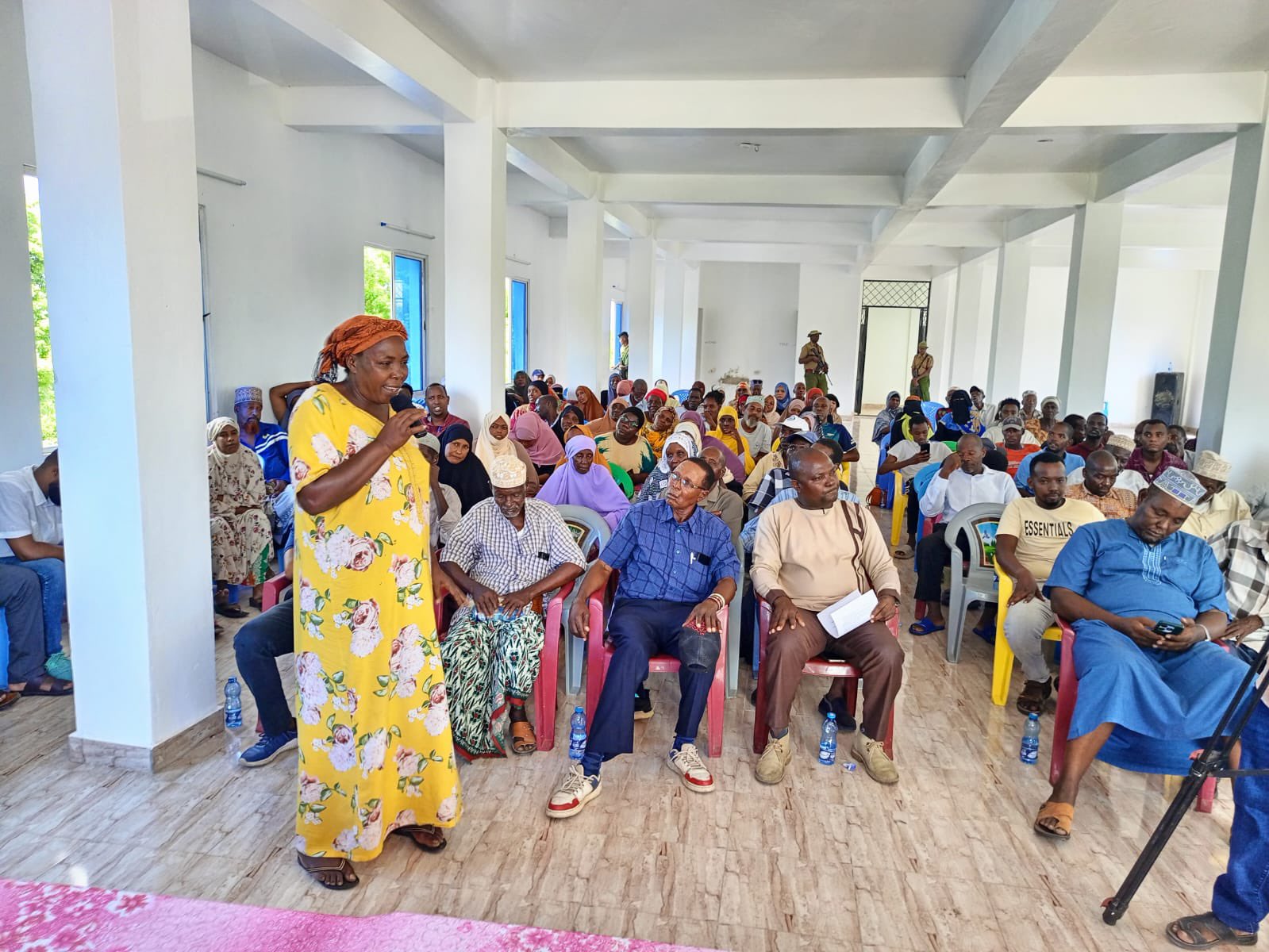 A Lamu County resident takes part in a public participation exercise on June 4, 2024, on the National Cohesion and Integration Bill, 2023. (Photo: X/Yusuf Hassan)
A Lamu County resident takes part in a public participation exercise on June 4, 2024, on the National Cohesion and Integration Bill, 2023. (Photo: X/Yusuf Hassan)
Effective administration
In his address to the meeting, Kaunya explained the differences between the current and previous commissions, saying the 2008 law was enacted before the current constitution, making some of its provisions outdated.
He also noted that the change in the number of commissioners, from eight, including the chairperson, to nine, ensured an odd number for better decision-making.
"We need an odd number for effective administration," he said.
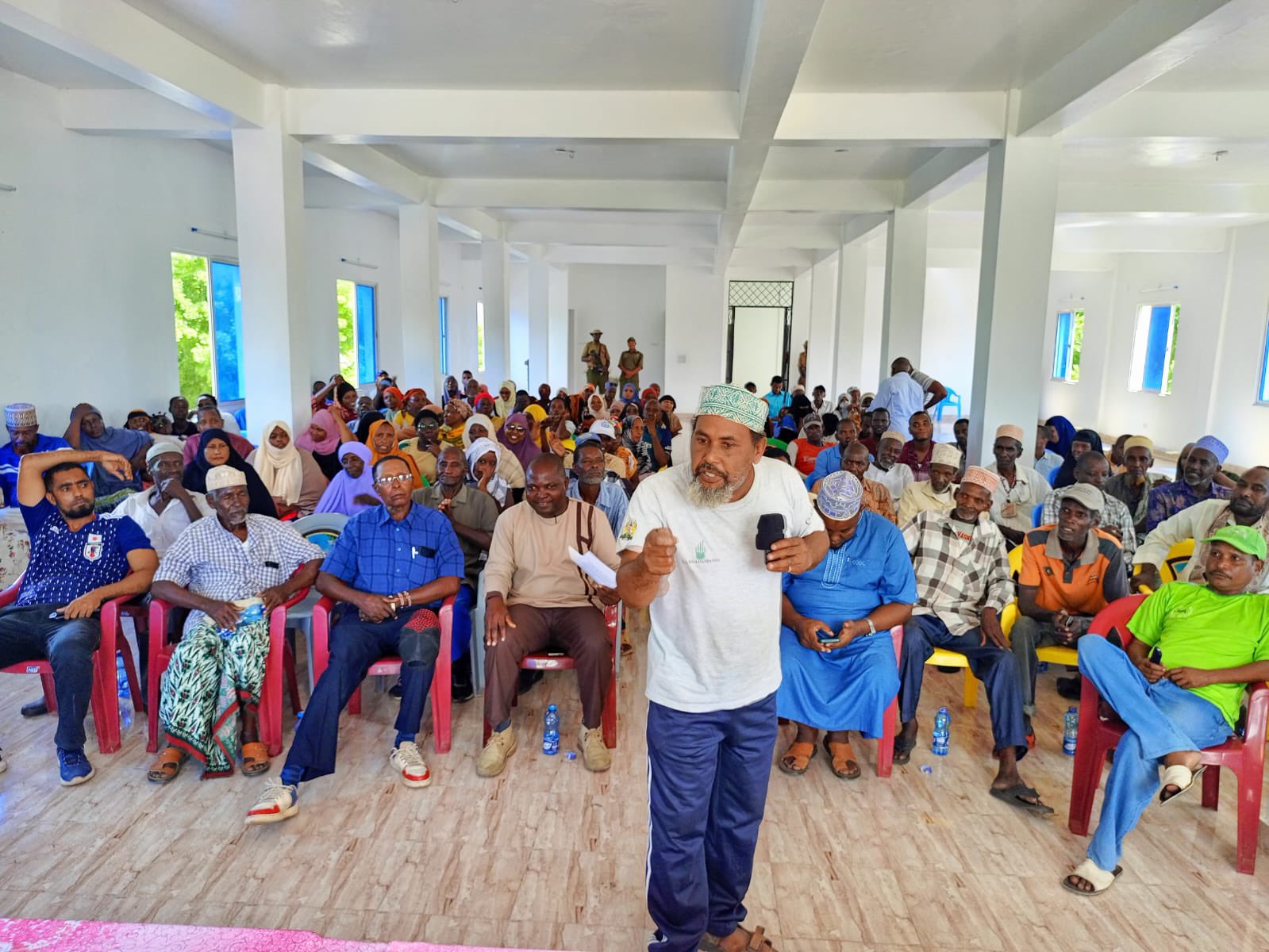 A Lamu County resident takes part in a public participation exercise on June 4, 2024, on the National Cohesion and Integration Bill, 2023. (Photo: X/Yusuf Hassan)
A Lamu County resident takes part in a public participation exercise on June 4, 2024, on the National Cohesion and Integration Bill, 2023. (Photo: X/Yusuf Hassan)
The MP also praised his colleagues for their active participation in the process and their understanding.
Marubu noted the unusually vibrant engagement at the public participation session, saying, "This meeting has been remarkably lively."
She agreed that equality should be upheld for every Kenyan, regardless of location.
The woman representative further touched on the "one man, one vote, one shilling" resource allocation principle, arguing it does not benefit the coastal people.
We, the people of the coast, oppose this principle as it does not help us," she declared.
The committee was in Lamu County on Tuesday and will take the publication participation exercise to Kwale on Thursday.
Reader comments
Follow Us and Stay Connected!
We'd love for you to join our community and stay updated with our latest stories and updates. Follow us on our social media channels and be part of the conversation!
Let's stay connected and keep the dialogue going!






